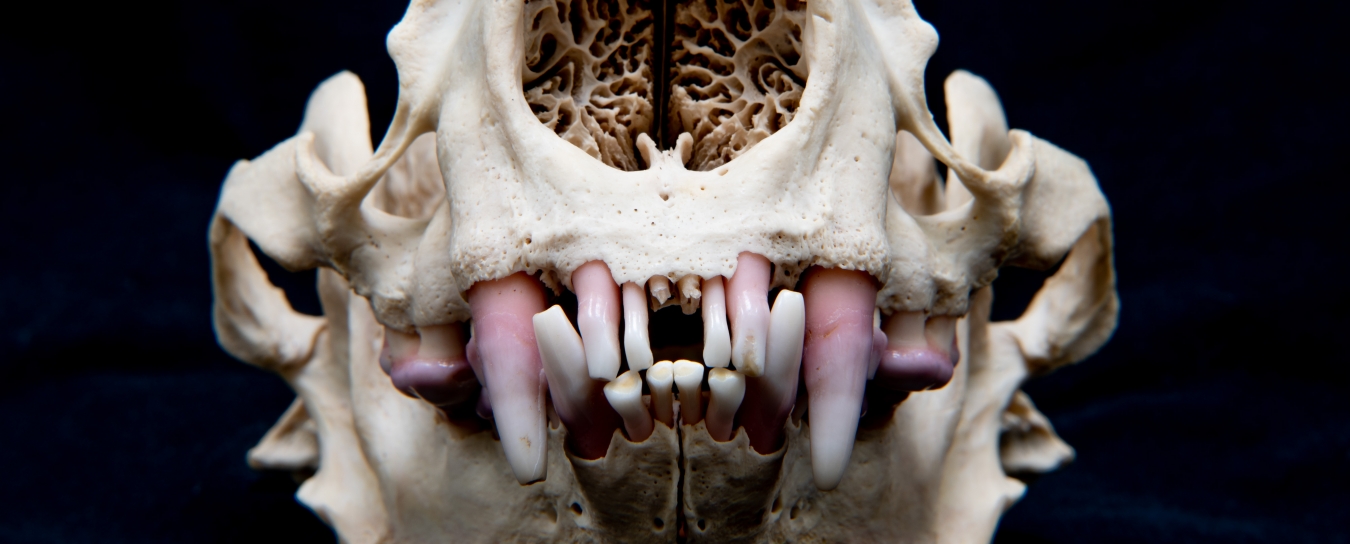
Vertebrates
Browse our Q&A about birds, eggs, nests, amphibians, reptiles, and mammals of the Central Coast and Channel Islands.
- Anthropology
- Rocks & Fossils
- Invertebrates
- Vertebrates
- Botany
- Astronomy
- Fungi
- General
- Recently Asked
California grizzly bear specimen
Hello, I was captivated by the California grizzly bear specimen in the Mammal Hall. Can you please tell me more about it, i.e. when/where it was collected? I tried using the database search function, but the page is not loading.
Curator Response
Hi Marissa,
Thanks for reaching out about our California Grizzly Bear diorama. We’re glad it captivated you, particularly as the status of this species in California is a topic of ongoing discussion and interest from a conservation and wildlife management perspective.
As the exhibit notes, the California population of grizzlies was hunted to extinction. Our exhibit came after that extirpation, so the particular bear in our diorama is a grizzly—Ursus arctos horribilis—but comes from a different population and time. We know that this specimen came from either Alaska or British Columbia in the mid-1930s, as the Museum had affiliates and contacts hunting in those regions at the time.
This was back when collecting items was a much bigger part of our institution's work, and contractors were sometimes paid to collect specimens for collections and exhibits. Over time, our focus has shifted to protecting our collections, which are substantial and no longer require a lot of active building. This shift mirrors a regulatory shift as well. The collection of specimens is now highly regulated to protect animals and ecosystems. Anyone interested in learning more about that shift can check out our answer to an earlier question about collections.
The current bear has now been on exhibit for almost 90 years, attracting a lot of attention and love from our guests. In 2018 it received expert touch-up work from diorama professionals, with the rest of our Mammal Hall dioramas.
If you want to see a grizzly from the extinct California population, there is Monarch at the California Academy of the Sciences. Monarch—who was captured in Ventura County and finished his life in captivity—is certainly worth preserving and his story is worth remembering. We hope our diorama helps our guests picture California Grizzly Bears in the wild.
Stay curious,
Curator of Vertebrate Zoology Krista Fahy, Ph.D.; and Librarian Terri Sheridan

